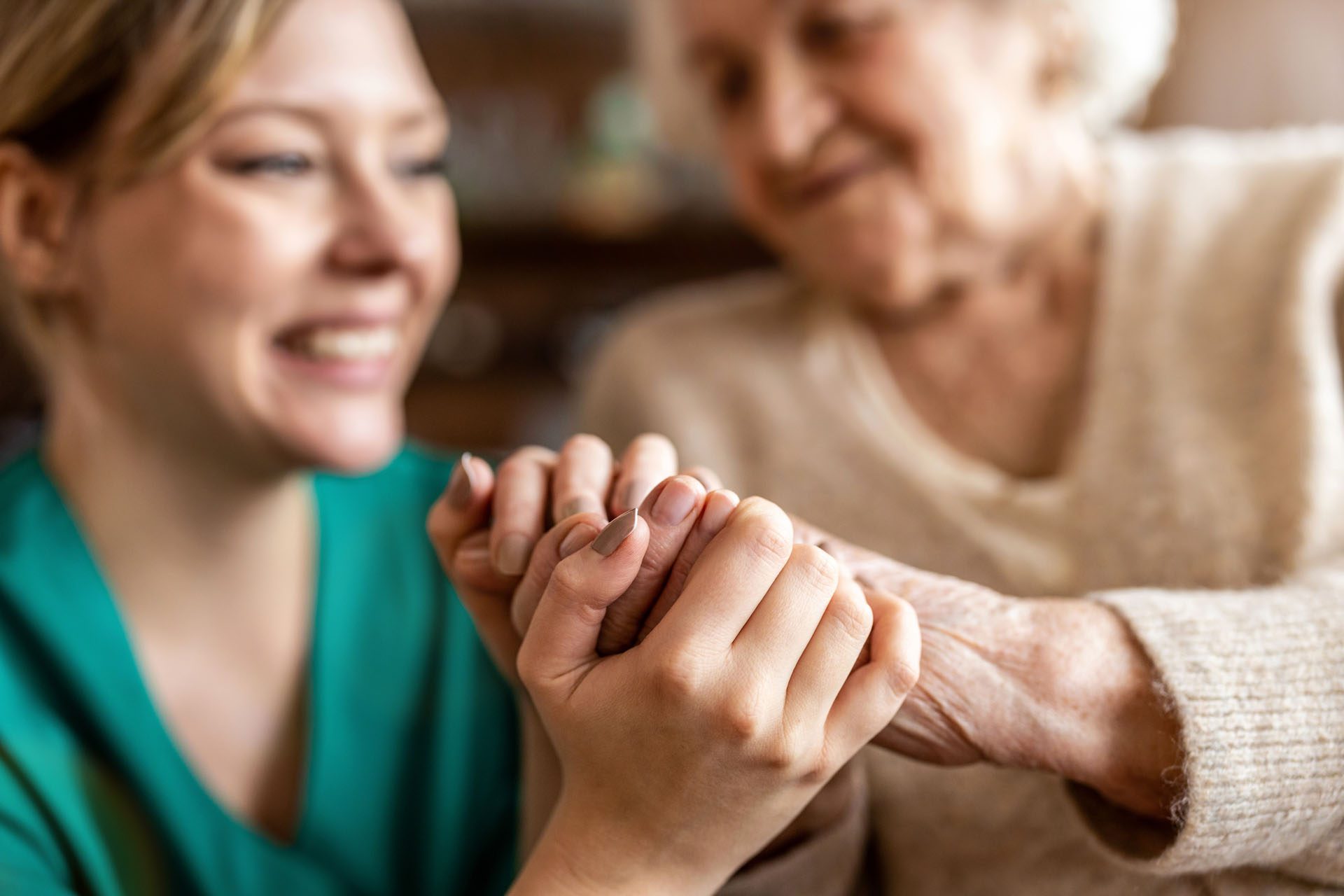Bridging the Gap: Addressing LGBTQIA+ Healthcare Disparities
As we recognize Pride Month, we are reminded that this is a time to honor the vibrant and diverse LGBTQIA+ community. This month is not only a celebration of love and identity but also a poignant reminder of the ongoing challenges faced by LGBTQIA+ individuals, particularly in healthcare. Despite advancements in awareness and increased inclusivity, significant inequities continue to exist, affecting access to care, quality of treatment, and overall health outcomes. At GoMo Health, we are committed to addressing these challenges head-on, with innovative programs and initiatives providing inclusive healthcare access for all.
Understanding the Disparities
Research consistently shows that LGBTQIA+ individuals face unique barriers to accessing healthcare. According to a 2020 report by the Center for American Progress, 15% of LGBTQIA+ individuals reported postponing or avoiding medical treatment due to discrimination, compared to 3% of non-LGBTQIA+ individuals.
Mental Health Challenges
Mental health is a critical area where disparities are stark. LGBTQIA+ individuals are more than twice as likely to experience mental health conditions such as depression and anxiety. A 2019 study published in the American Journal of Public Health found that 61% of LGBTQIA+ youth reported feeling sad or hopeless, compared to 29% of their heterosexual peers. These mental health challenges are often exacerbated by discrimination, family rejection, and societal stigma, leading to higher rates of suicide attempts among LGBTQIA+ youth.
Physical Health Disparities
Physical health disparities are also evident within this population. In 2015 U.S. Transgender Survey reported that 23%of transgender individuals avoided seeing a doctor when needed due to fear of mistreatment. Additionally, LGBTQIA+ people face higher risks for certain chronic conditions. Lesbian and bisexual women, for instance, are at a greater risk for breast cancer, partly due to lower rates of active preventive care, including mammograms.
HIV/AIDS and Sexual Health
HIV/AIDS continues to disproportionately affect the LGBTQIA+ community, particularly gay and bisexual men and transgender women. According to the Centers for Disease Control and Prevention (CDC), In 2021, men who identified as gay, bisexual, or who engaged in male-to-male sexual contact comprised 70% (22,400) of the 32,100 estimated new HIV infections and 86% of the estimated new infections among all men. Additionally, transgender women accounted for 2% (812) of new HIV diagnoses.
GoMo Health Addresses Disparities in the LGBTQIA+ Community
GoMo Health recognizes the disparities in healthcare experienced by the LGBTQIA+ community and is dedicated to bridging the gap through innovative solutions. Our programs create a supportive, inclusive environment that addresses the specific needs of LGBTQIA+ individuals.
We develop digital care management programs that actively engage the LGBTQIA+ community to improve health outcomes, and together with our clients, deliver them to their patients, members and communities. Our Personal Concierge™ provides personalized guidance to patients and members, ensuring they receive care without fear of discrimination. This approach respects everyone’s unique identity and needs, empowering them to take control of their health and well-being.
Key Initiatives – LGBTQIA+ Community Engagement and Support:
GoMo Health has partnered with LGBTQIA+ organizations and advocates to raise awareness about health disparities and promote inclusive practices within the healthcare system. Our goal is to create an environment where everyone feels safe, respected, and valued.
- The EveryYou Health personal concierge program provides an easy-to-use digital service for people in underserved communities to get essential healthcare without discrimination, starting with HIV PrEP. Integrated with the CHI Health Center on Coney Island, EveryYou Health connects with patients through their mobile phones, sharing important health information and collecting patient feedback and needs so they can best be met. The program includes real-time support from healthcare professionals, improving health outcomes and increasing retention and acquisition. Through this program, patients can chat with their care coordination team in a secure environment and access a personalized digital library – all available 24/7.
- Empowering At-Risk Youth and LGBTQIA+ Communities
The GoMo Health e-Host Connection Program supports SAMHSA youth outreach and initiatives, offering vital support to at-risk individuals aged 16-24, many of whom identify as LGBTQIA+ and face challenges such as serious mental illness, emotional disturbance, and co-occurring substance use disorders. Designed as a mobile, virtual care coordinator and life coach, the program goes beyond traditional boundaries to assist teens and young adults, often navigating life on the streets. This program provides essential resources for housing, transportation, food, and spiritual support, with the goal to ease access to these critical services. - Promoting Inclusivity in Healthcare
GoMo Health has introduced specific LGBTQIA+ tracks within our programs to address unique healthcare challenges faced by this community. By prioritizing emotional engagement and convenience, we enhance user experience and boost participation rates in healthcare programs. The collaboration between GoMo Health and RWJBH University Hospital and The Proud Center exemplifies our commitment to reducing healthcare disparities through innovative initiatives like the HIV Home Kit Testing and HIV PrEP programs.
Looking Forward
While significant progress has been made, much work remains to eliminate healthcare disparities within the LGBTQIA+ community. GoMo Health is part of creating the solution, providing innovative, inclusive healthcare solutions that address the unique needs of LGBTQIA+ individuals. GoMo Health is dedicated to bridging these gaps through tailored programs, community engagement, and our commitment to inclusive care.







Find Us Online